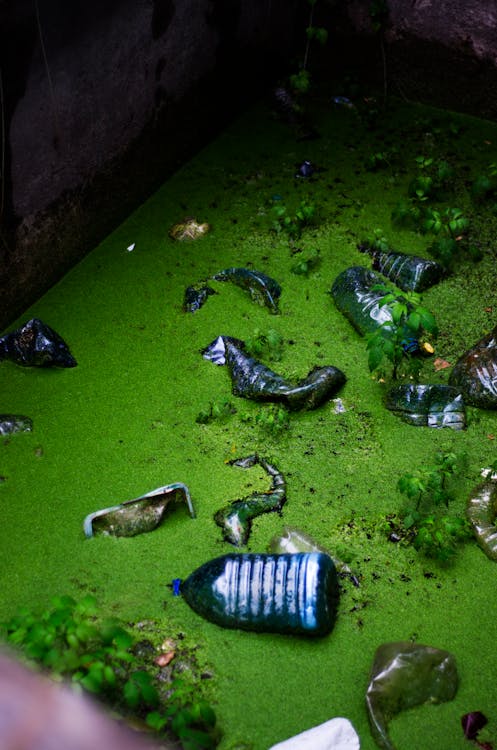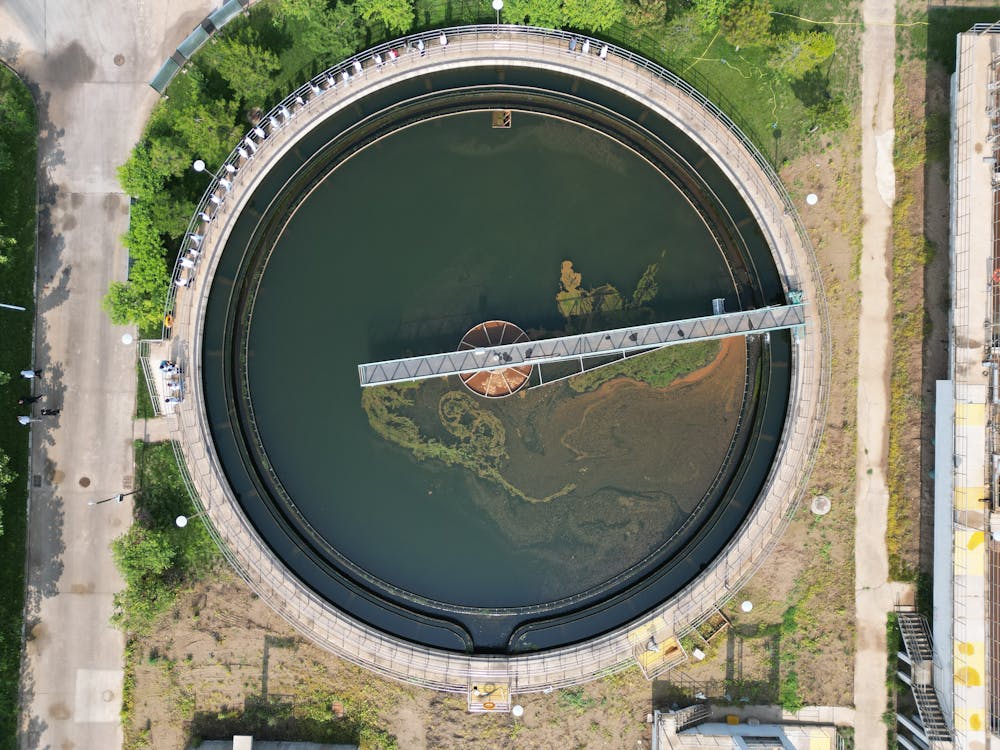- About
- Liquid Waste
-
-
-
-
Other Liquid Waste Services
-
-
- Industrial Cleaning Services
- Industrial Cleaning Services
- Blog
- Contact

Liquid waste products are commonly referred to using terms like leachate, effluent, greywater, and sullage. These terms classify waste in its liquid form, detailing its origins, characteristics, and methods of disposal. Understanding these terms is crucial for effective waste management and environmental preservation. This guide explores the nature, sources, and management of liquid waste, highlighting its impact and the importance of adhering to regulations.

Liquid waste is any waste material in a liquid form, often a byproduct of residential, commercial, or industrial activities. This waste can be challenging to manage due to its ability to spread contamination quickly. Improper handling can result in pollution, harm to ecosystems, and risks to human health. Ensuring proper disposal is essential to safeguard the environment and public well-being.
Liquid waste originates from various activities:
Liquid waste can be categorised into distinct types:
Each type requires specific handling to prevent contamination and ensure adequate treatment.
The activities producing liquid waste vary widely:
These examples highlight the need for tailored waste management strategies.
Liquid waste exhibits specific traits:
Understanding these traits aids in selecting the right disposal and treatment methods.

Proper management of liquid waste involves:
These processes ensure waste is handled in compliance with environmental regulations.
Liquid waste is different from solid waste in terms of its composition and disposal methods. Solid waste is typically disposed of through landfilling or incineration, while liquid waste requires specialized treatment and disposal processes.
Mismanagement of liquid waste can have dire consequences:
Governments enforce strict guidelines for managing liquid waste, including:
Adherence to these rules is critical for sustainable waste management.
Handling liquid waste demands expertise and compliance with regulations. Our team specialises in managing all types of liquid waste, from domestic holding tank waste to industrial effluent. By choosing us, you ensure safe, efficient, and environmentally responsible solutions tailored to your needs.
Contact us today to learn more about our services and how we can assist in keeping your property safe while protecting the environment. Let us simplify the complexities of liquid waste management for you.